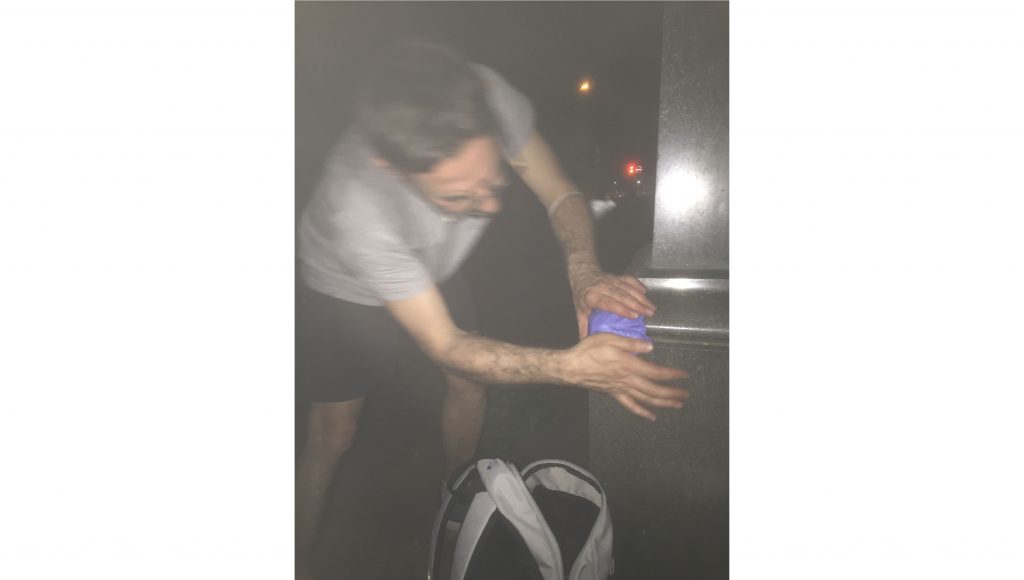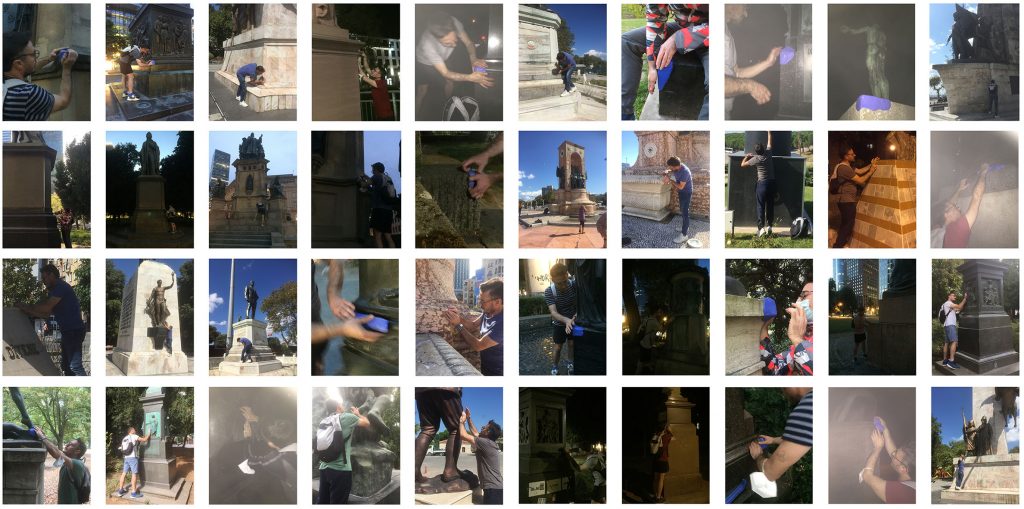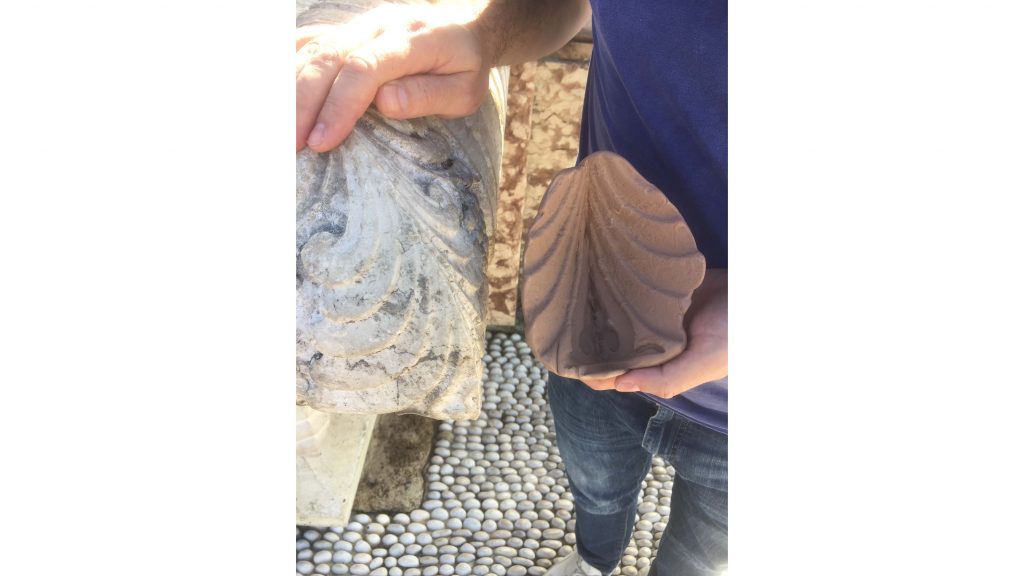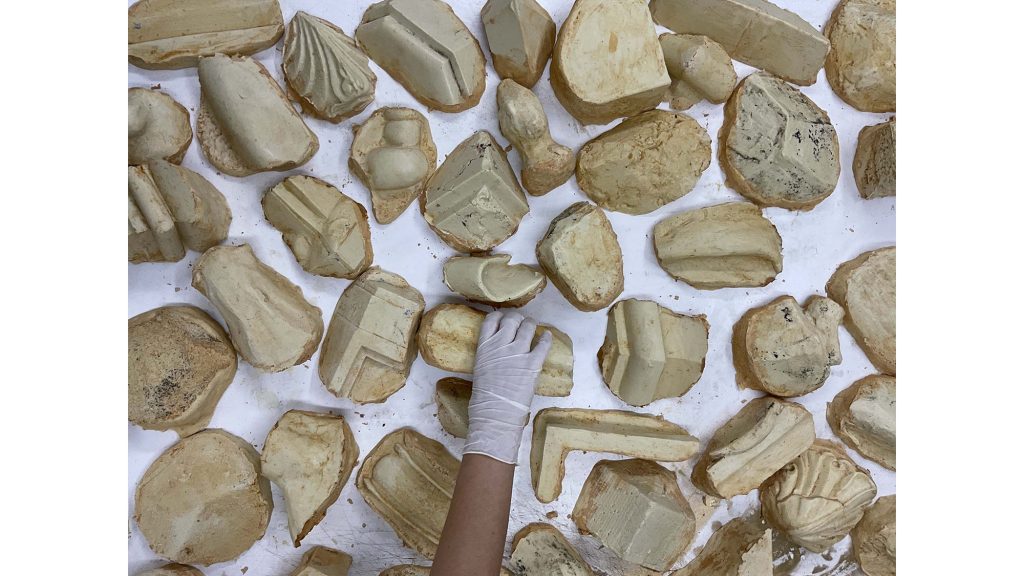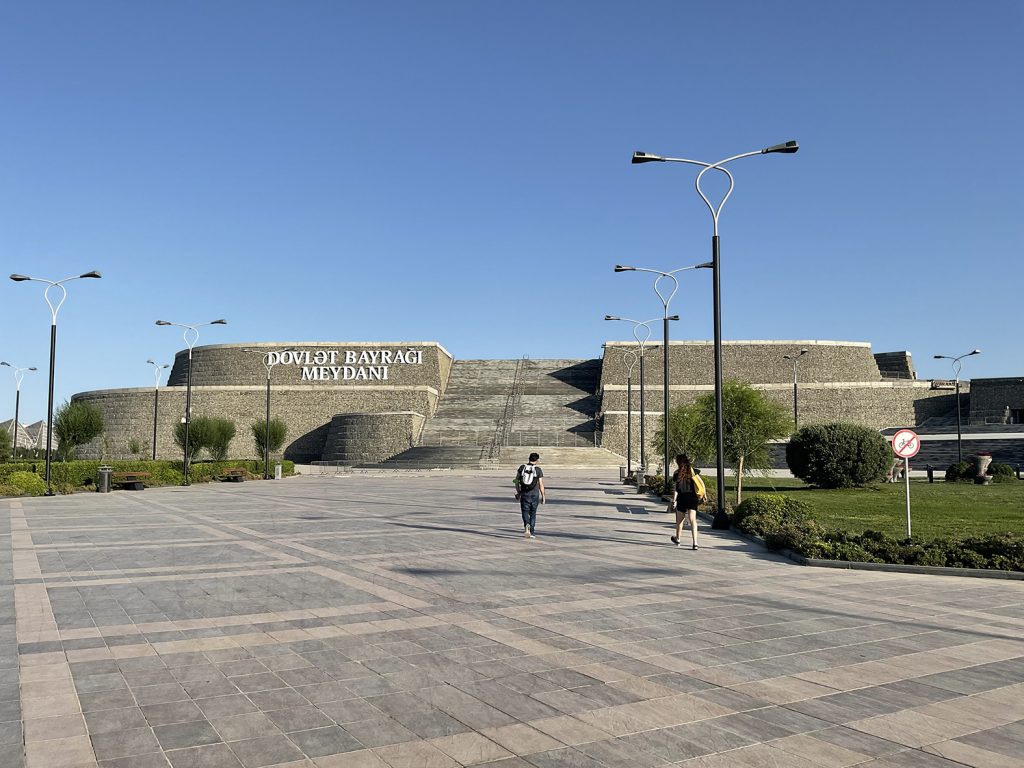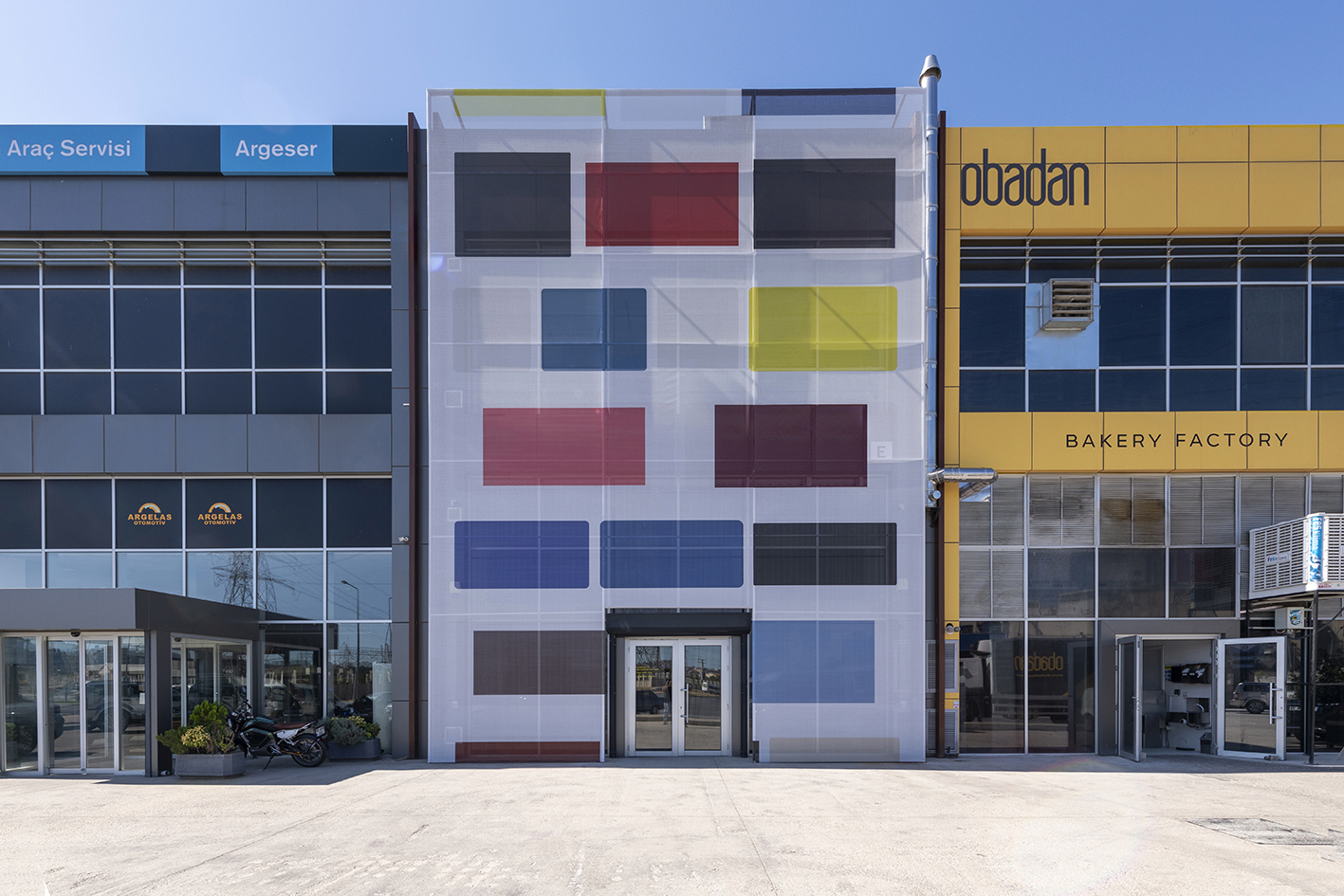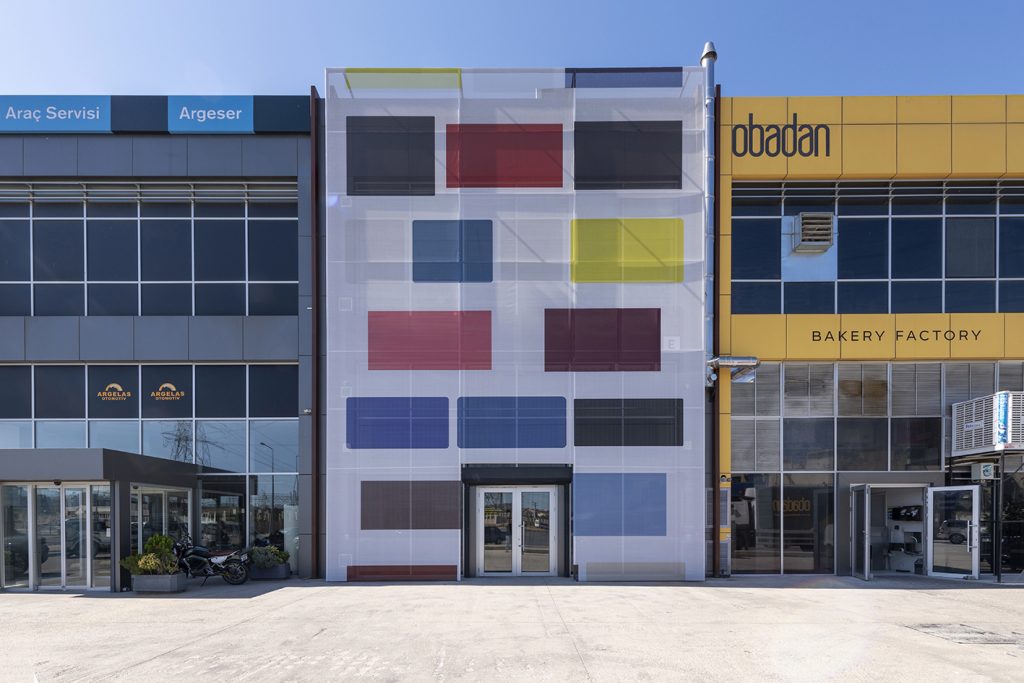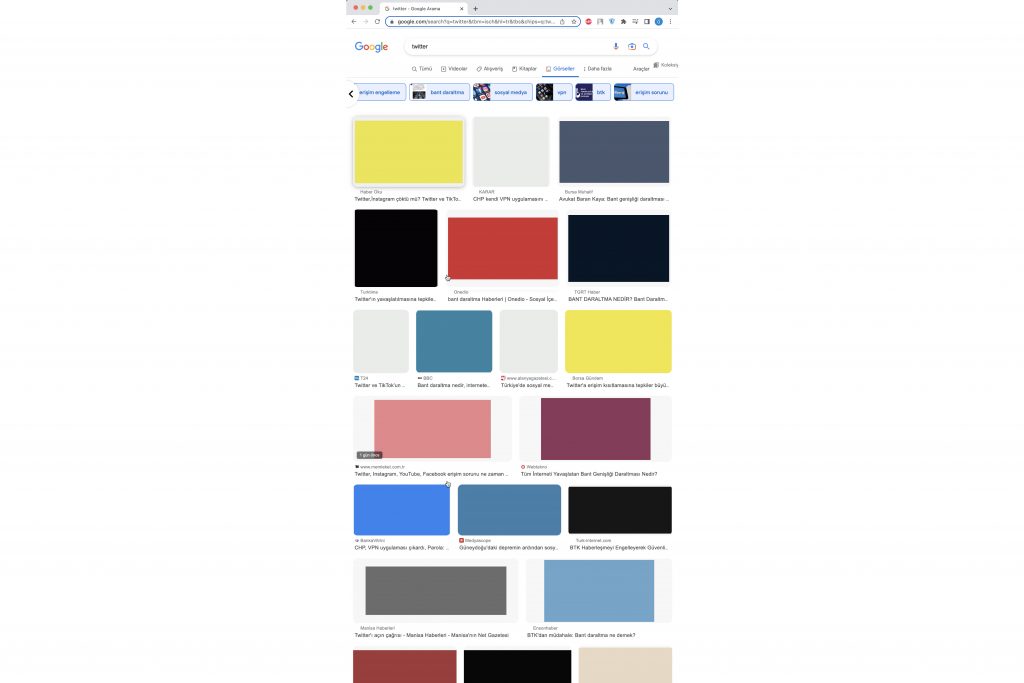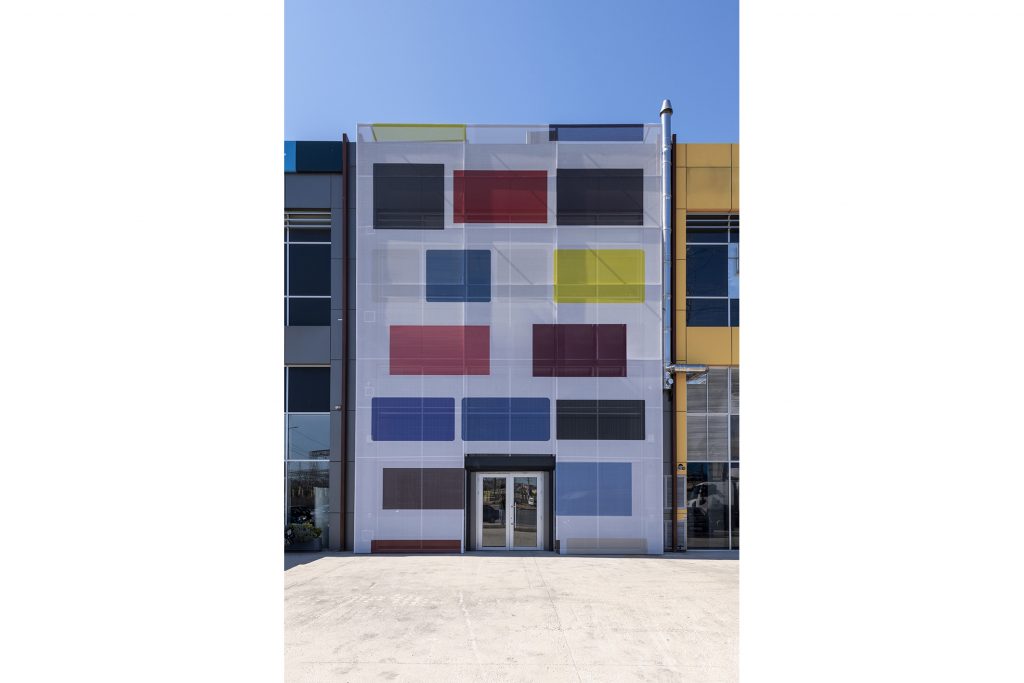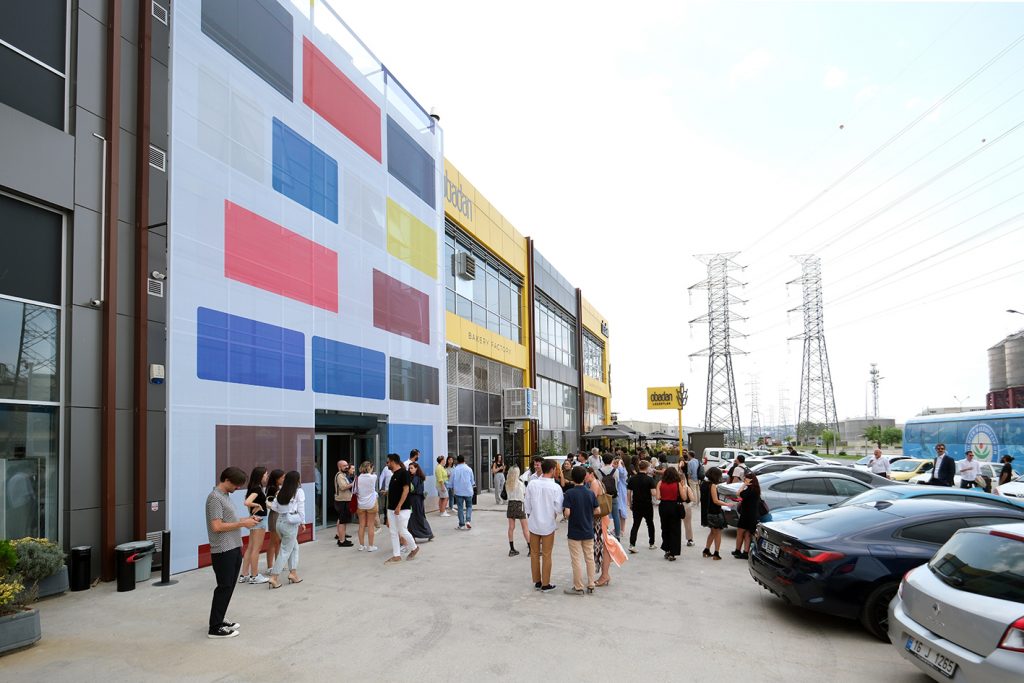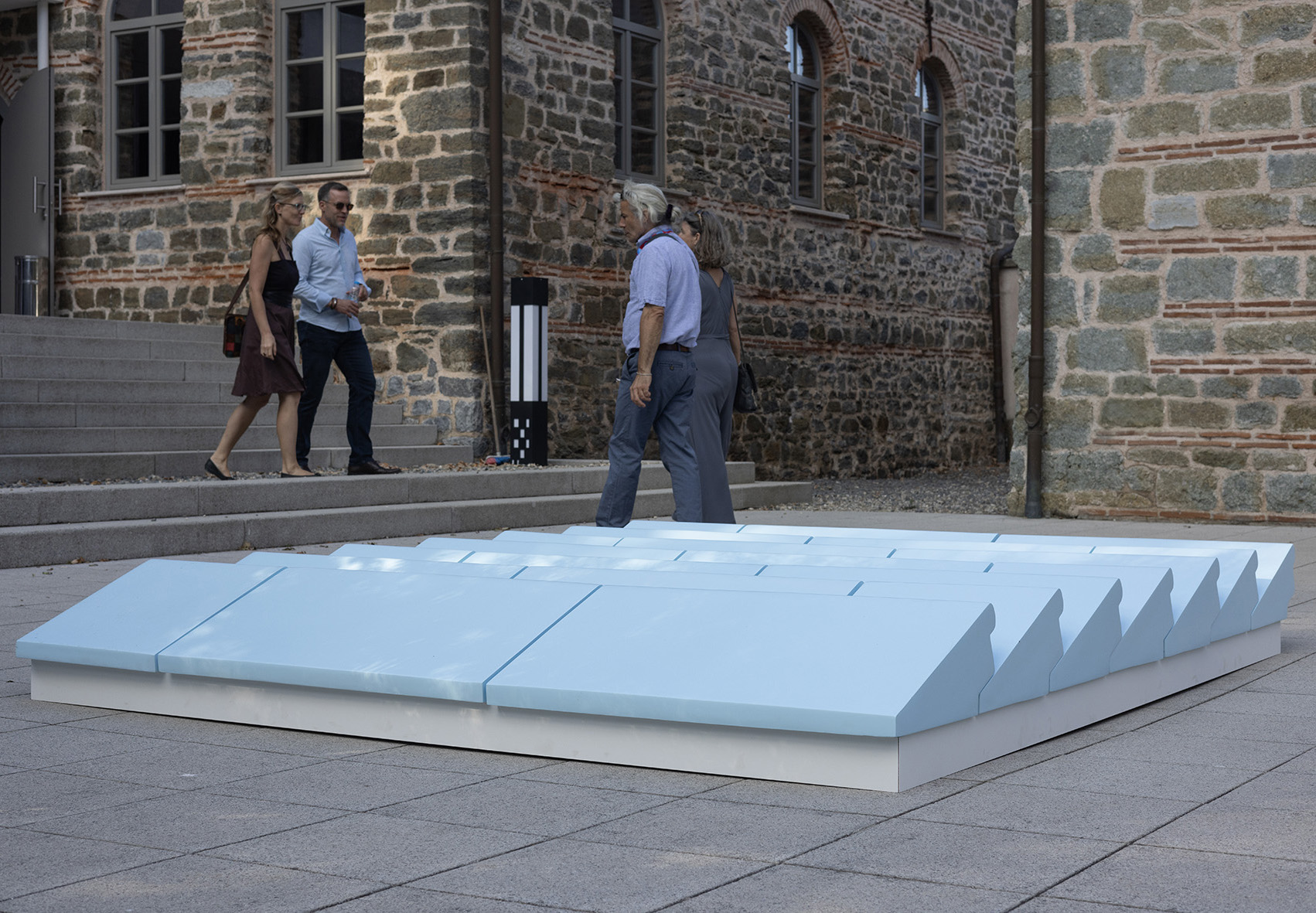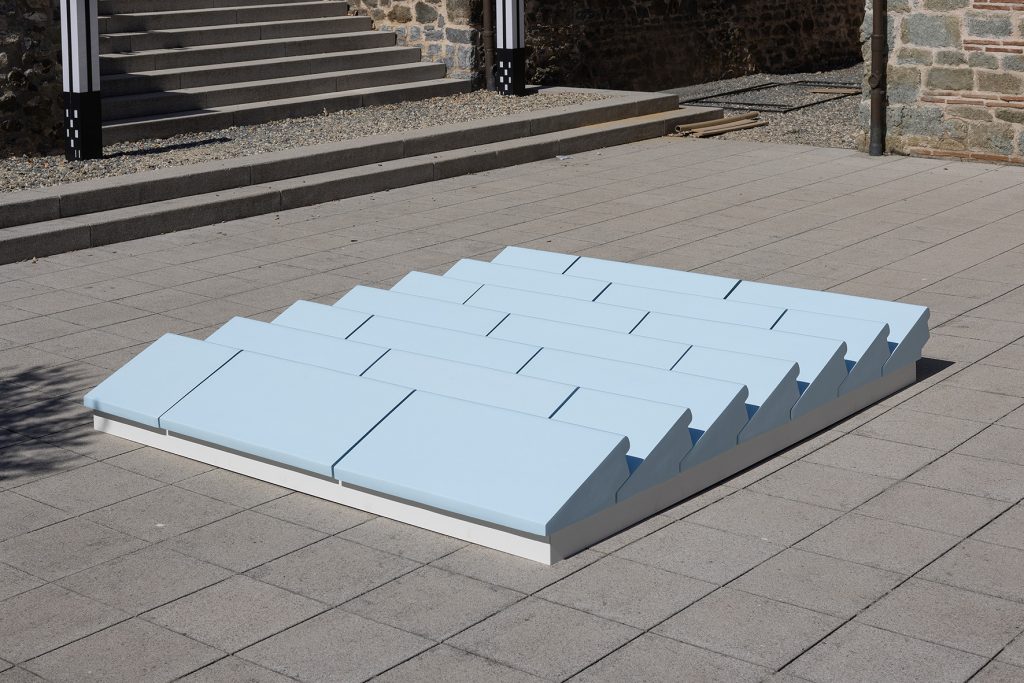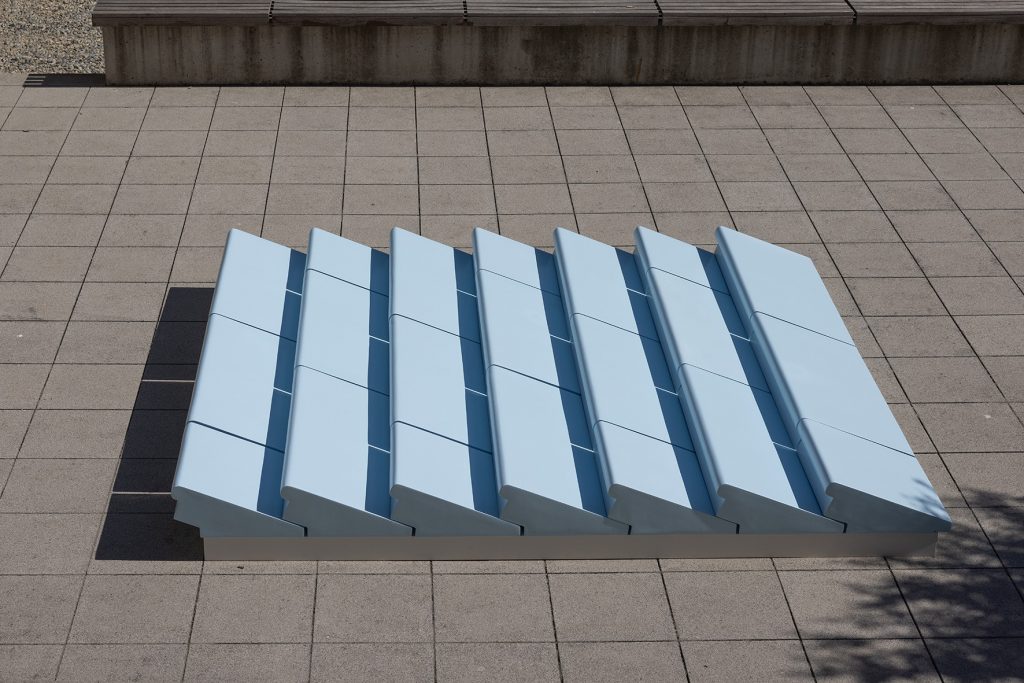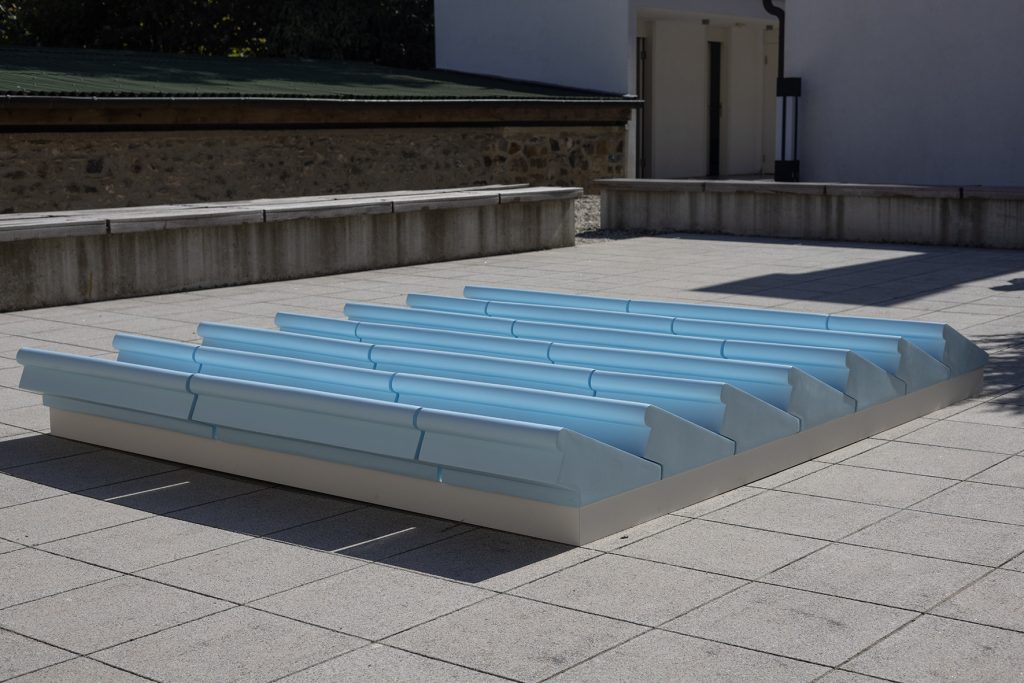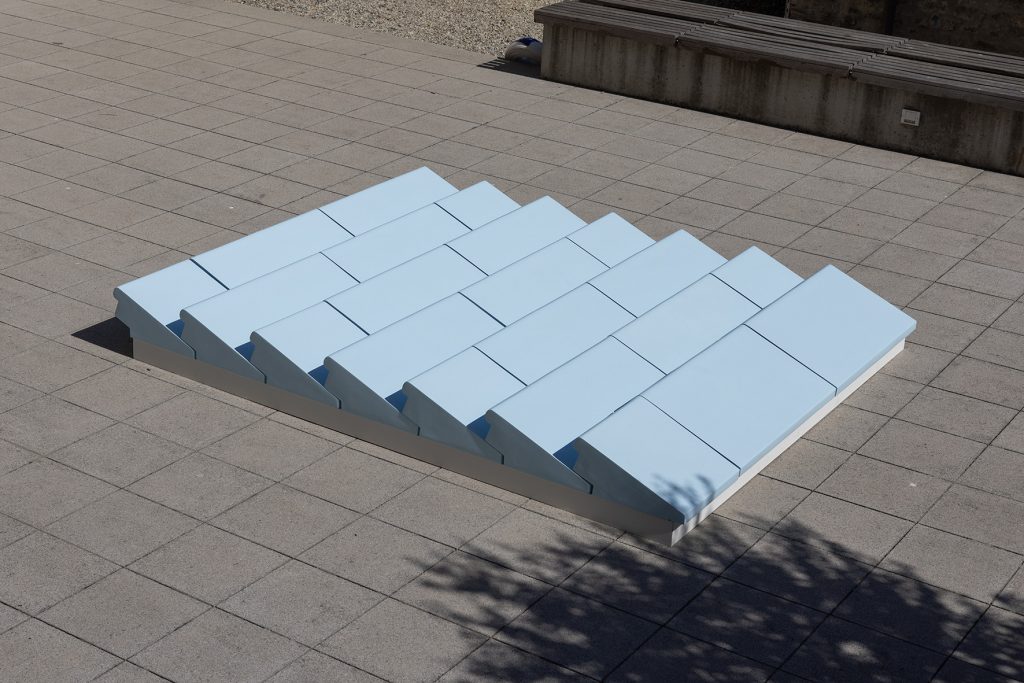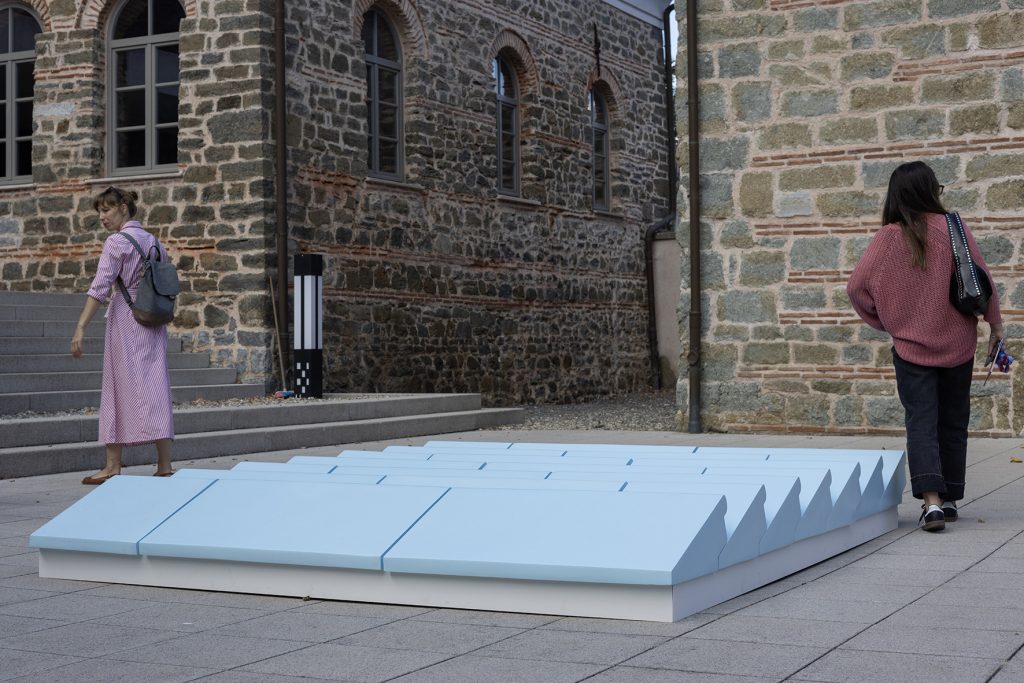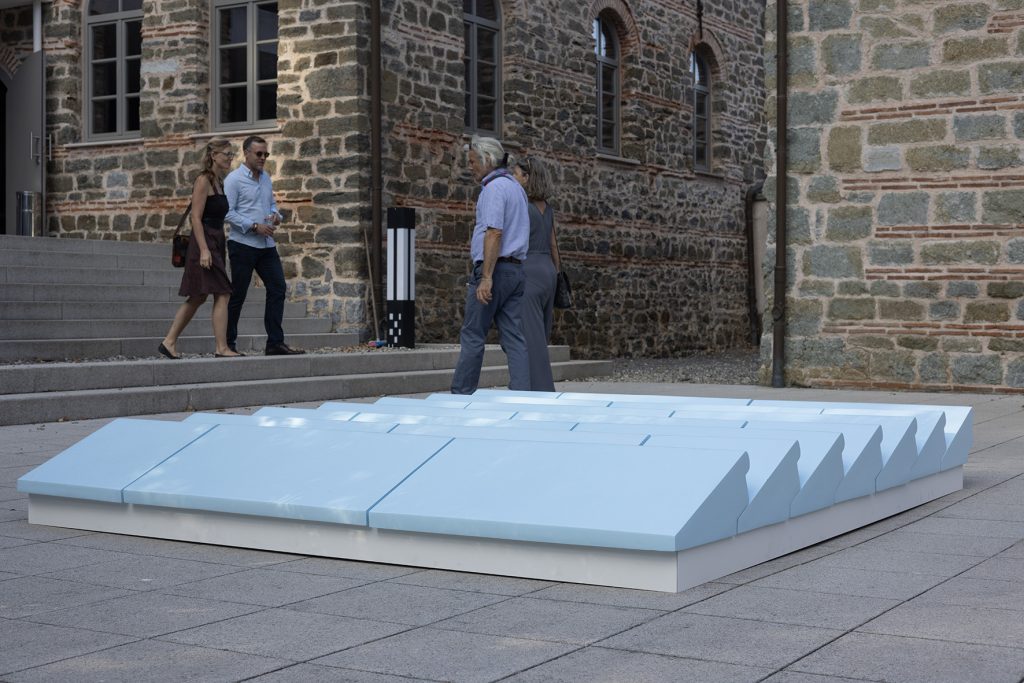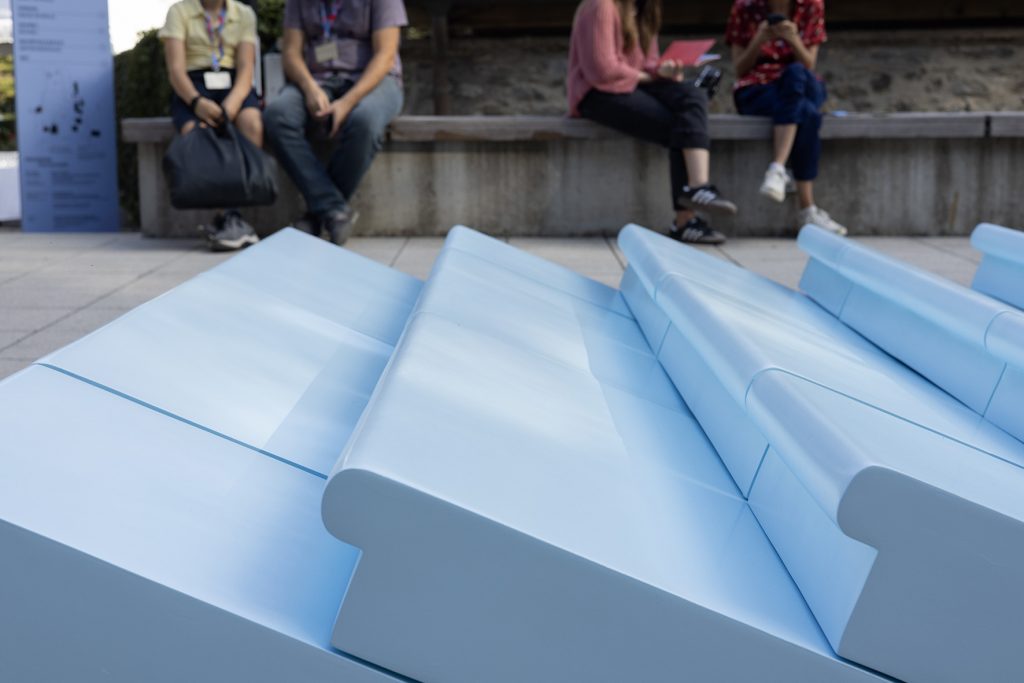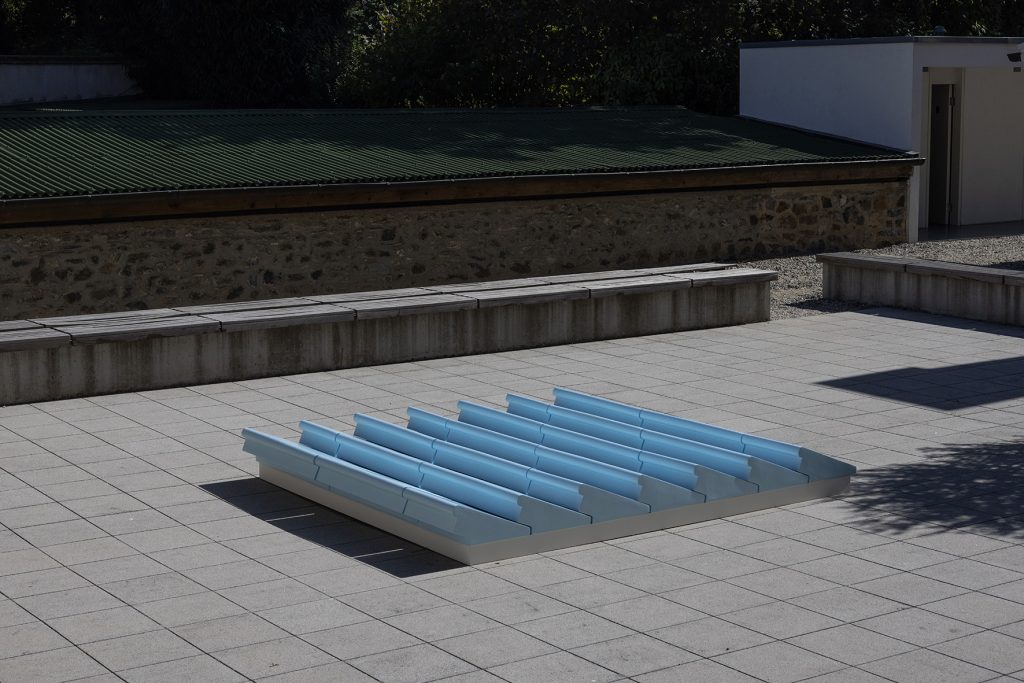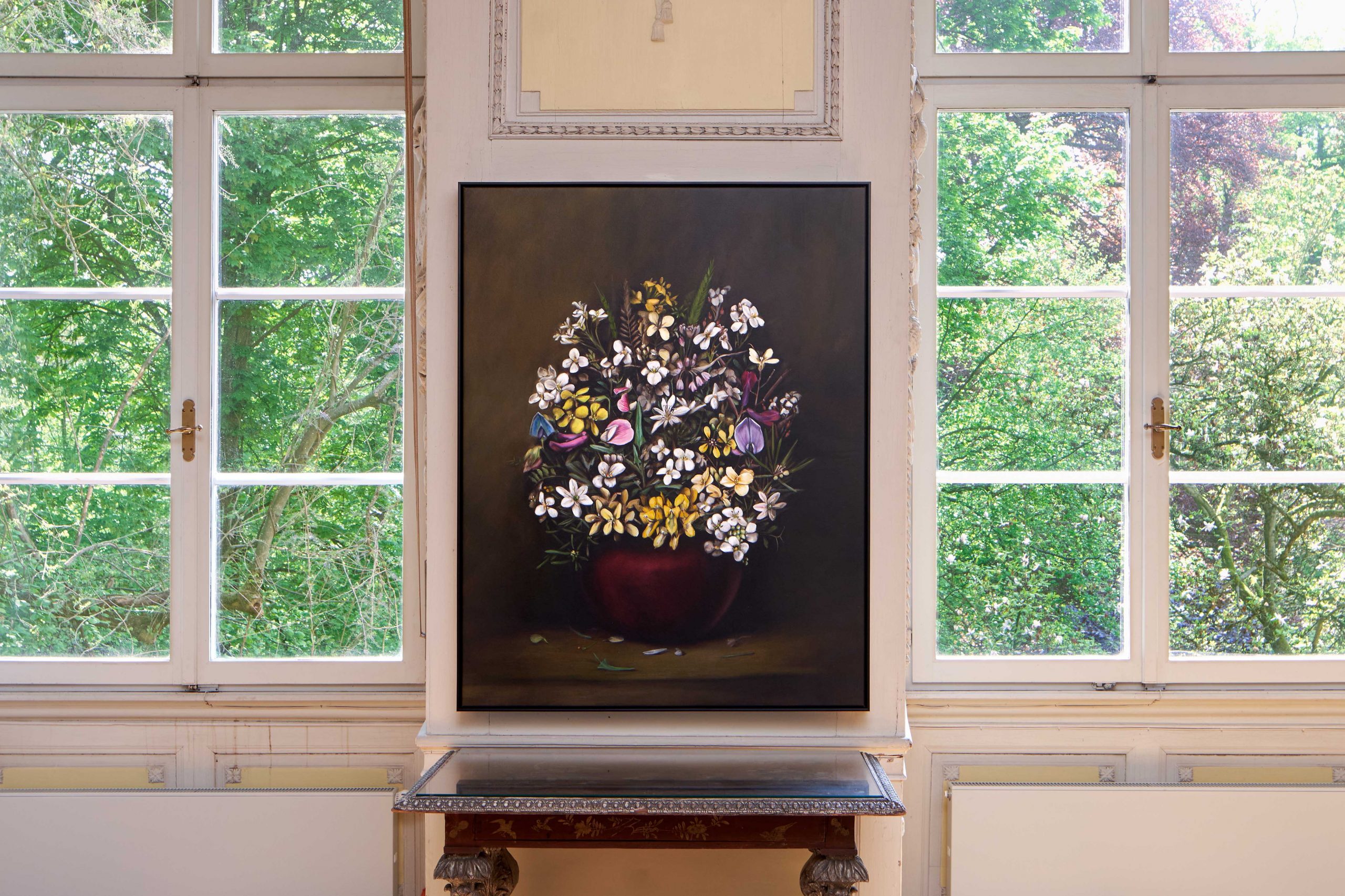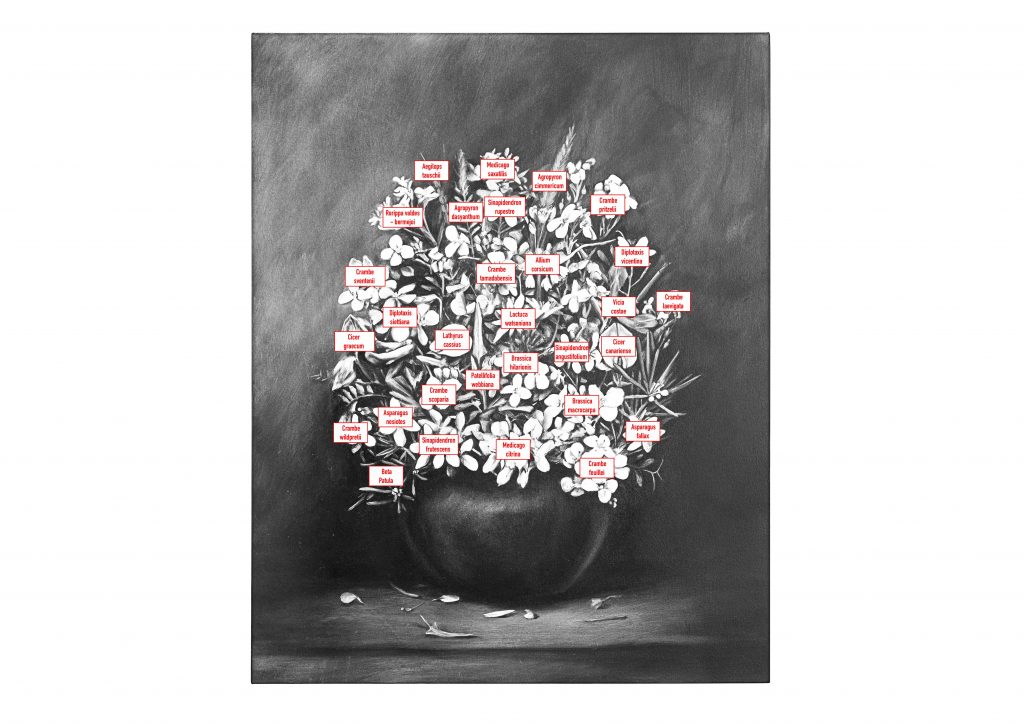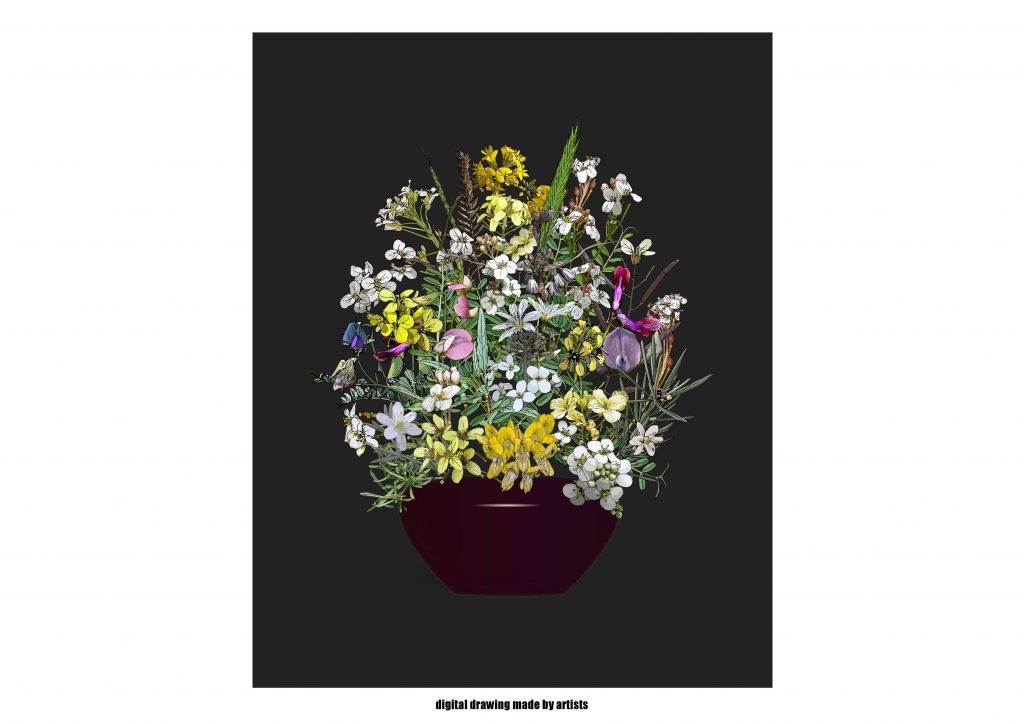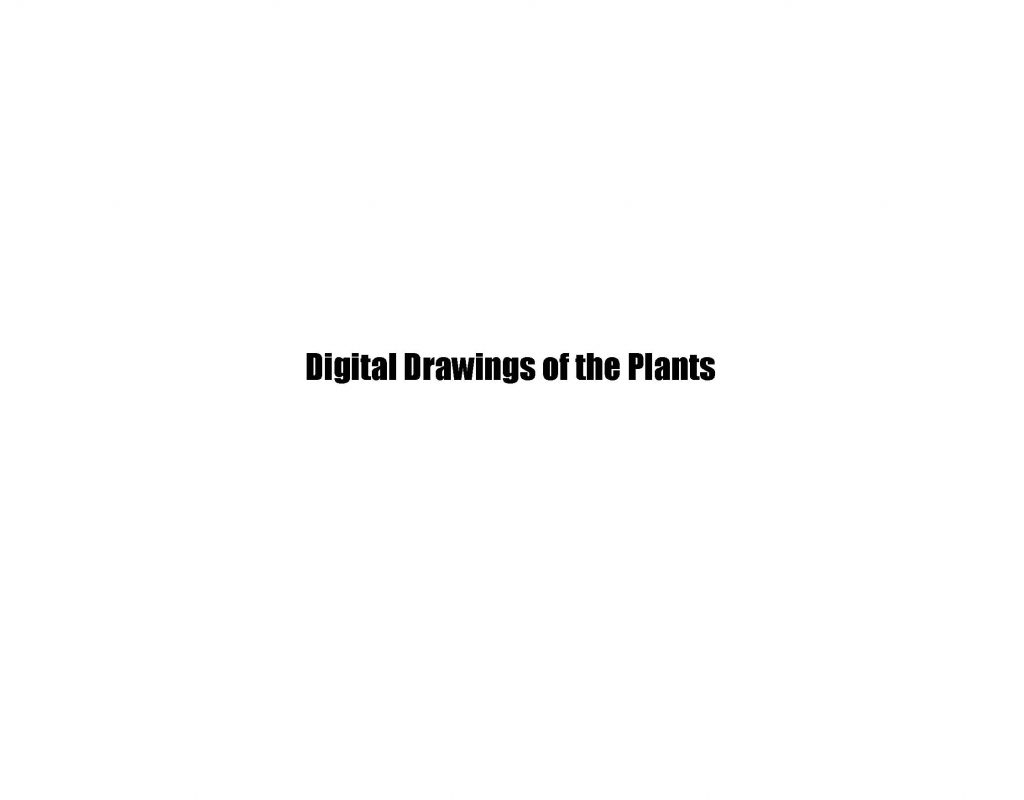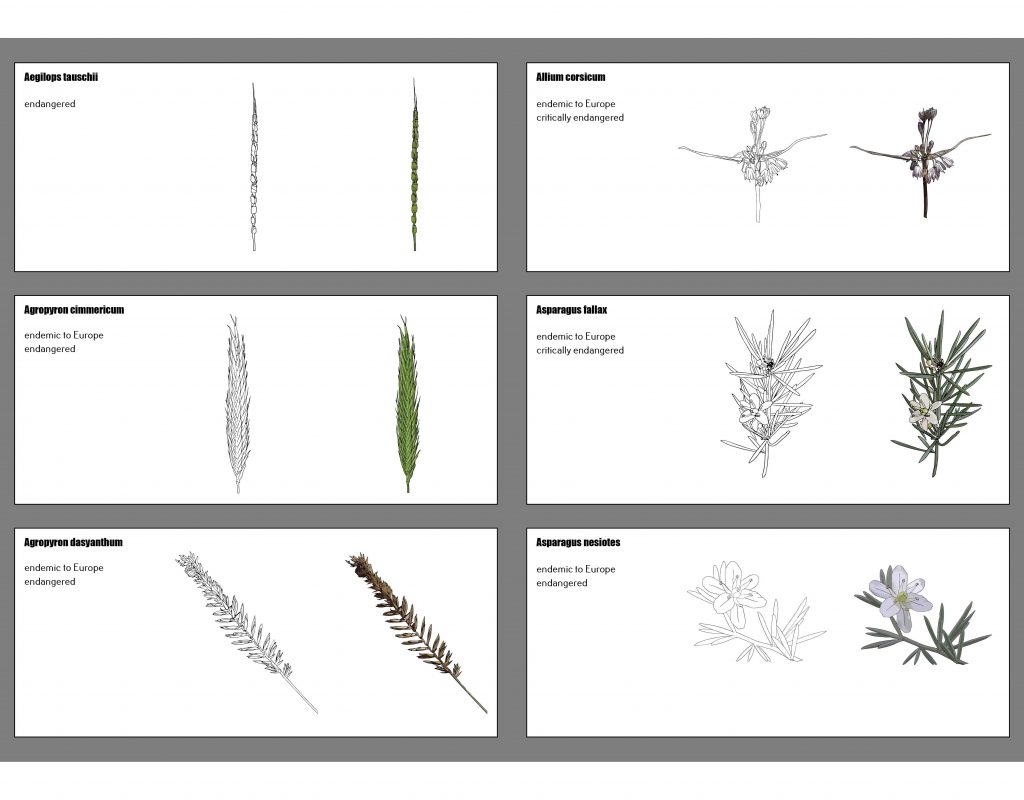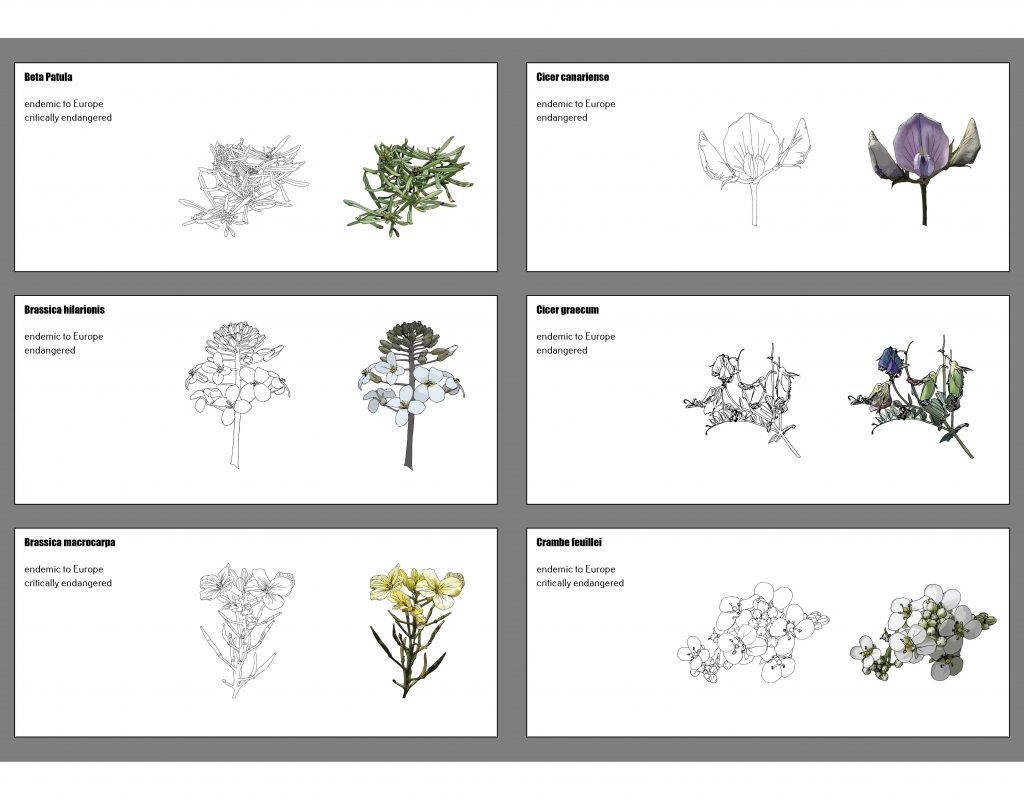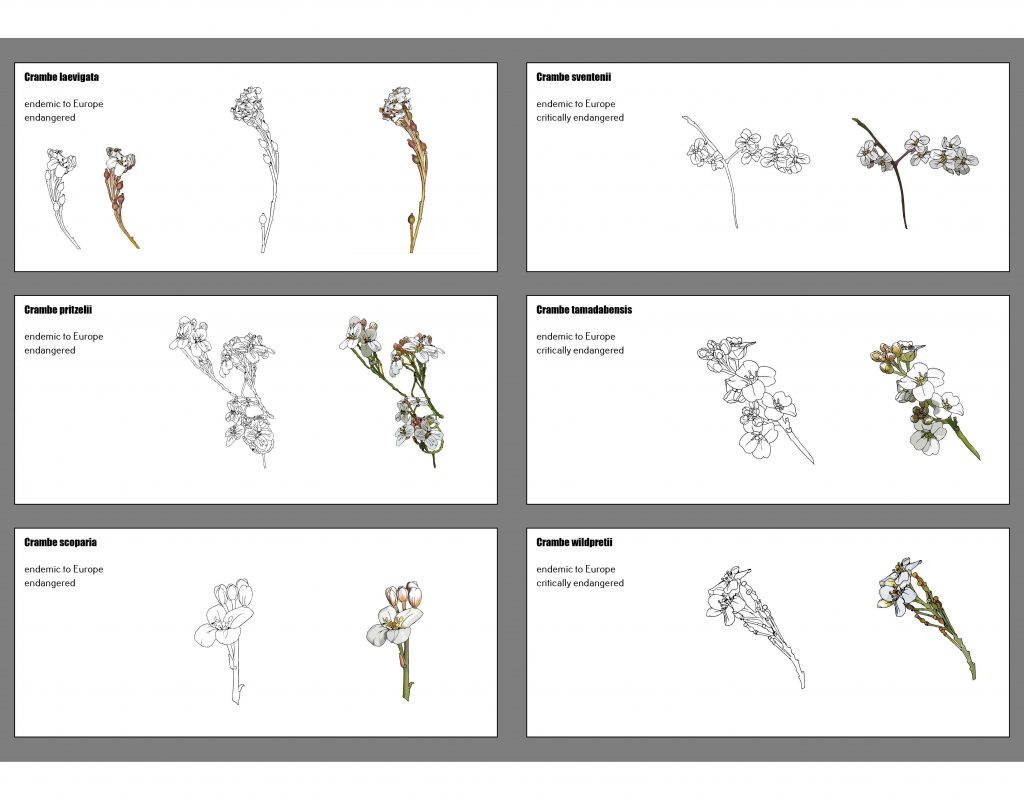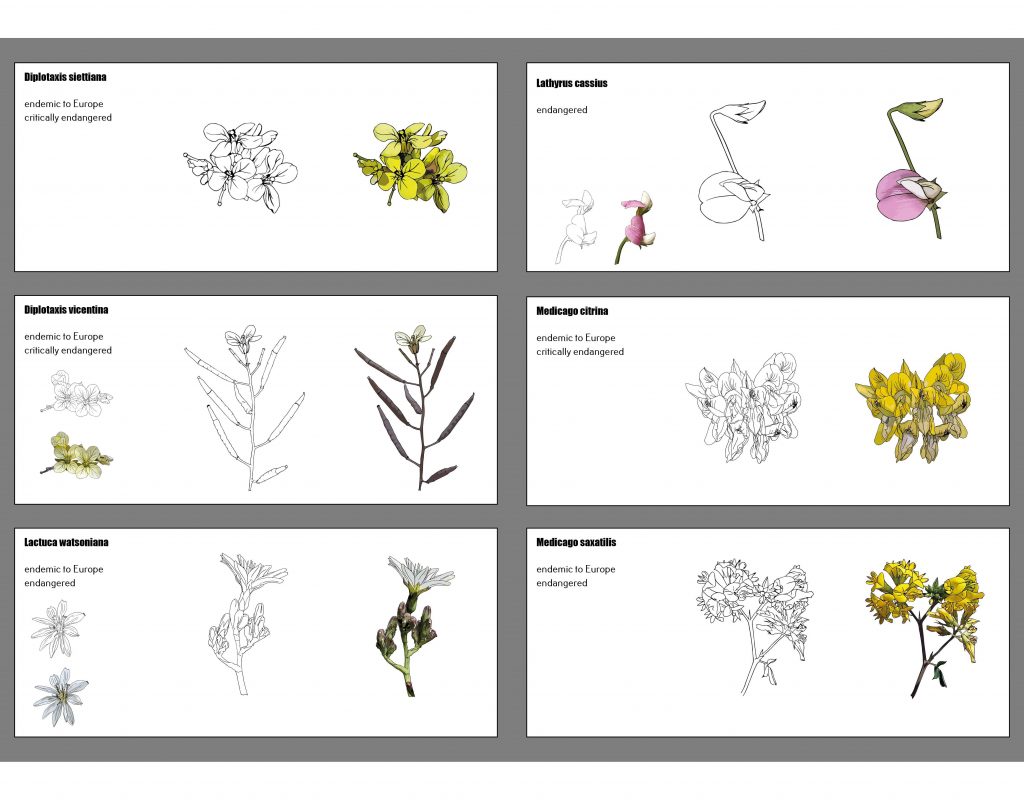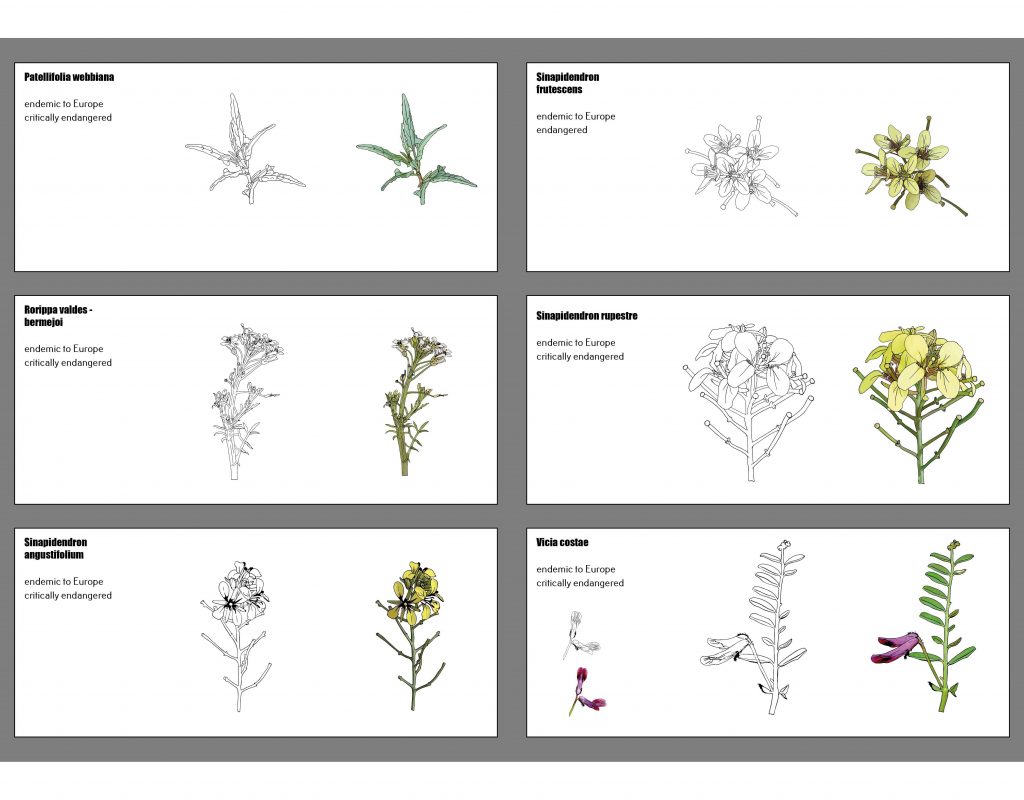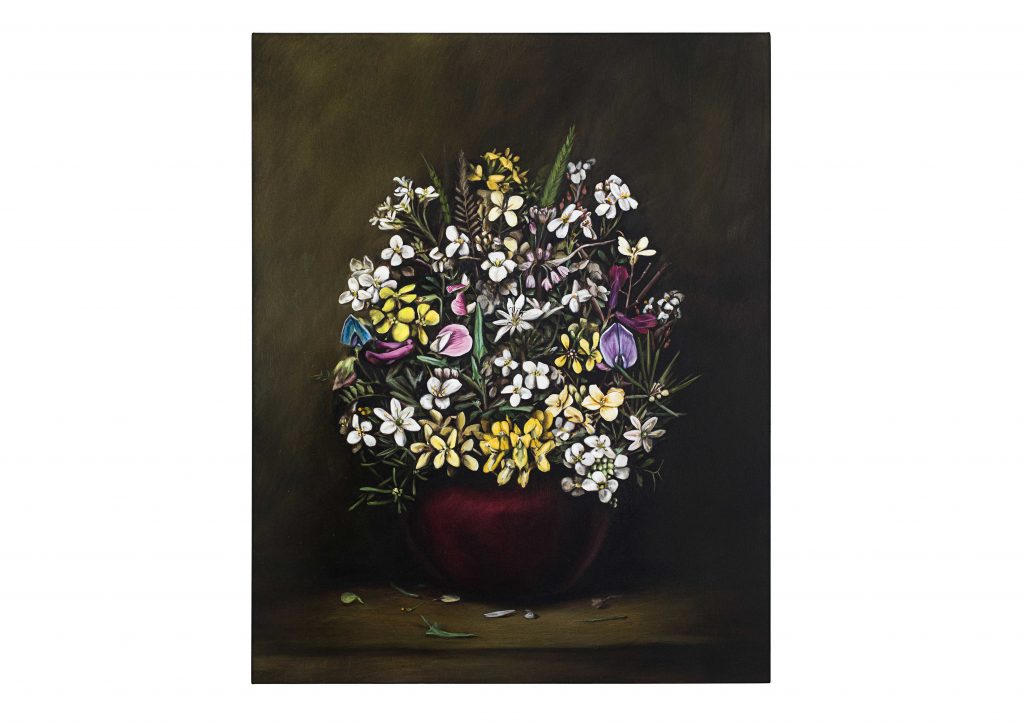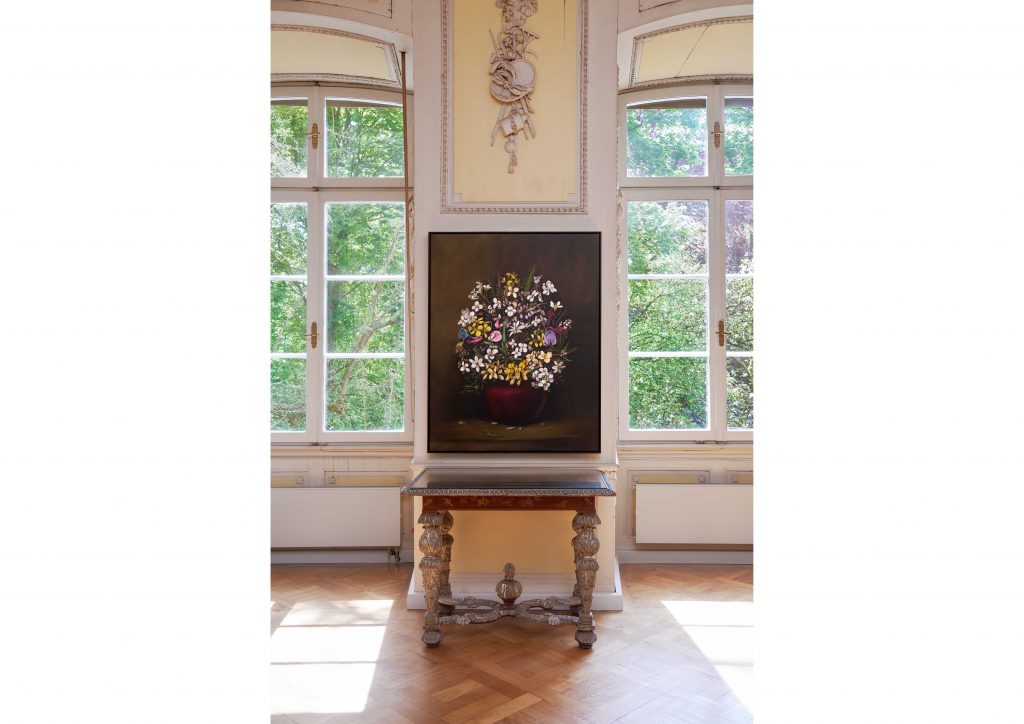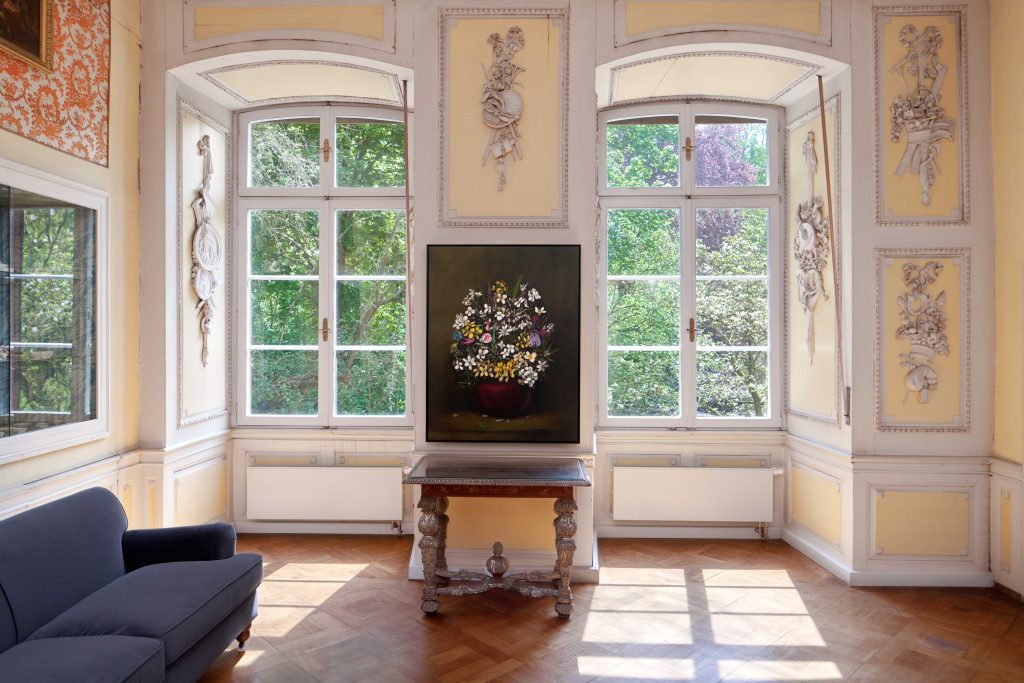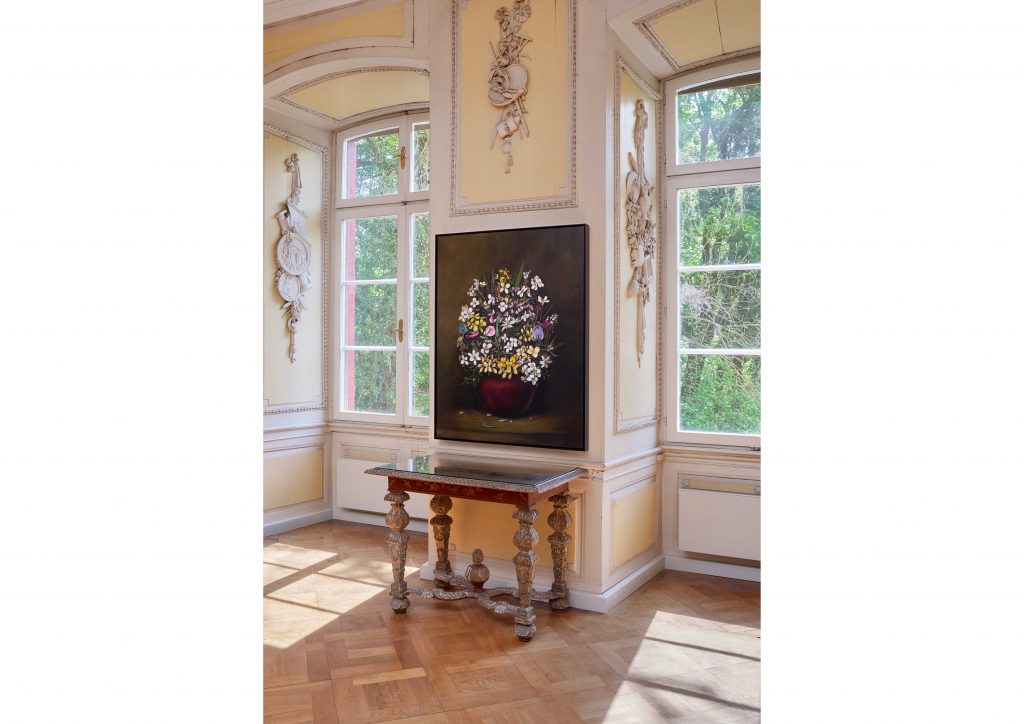Call (2024)
sound installation
on the exhibition promenade (Uçhisar, Cappadocia)
in memory of Fulya Erdemci…
It is October in Frankfurt. Afternoon in the city. A loud noise, as if screaming, is coming from the distance. We look up in amazement every time. Thousands of African geese are in a rush to return at the end of summer…
Every year, millions of birds carry out their seasonal migration through Anatolia in the Africa-Europe or Africa- Asia direction. Nevşehir Gülşehir and Avanos Kızılırmak basin, located on the international bird migration route, are also among the important stopover sites for migratory birds.
When thinking about the theme of Changing Skies, migratory birds that physically experience the changing skies come to our minds. What a vital importance to migrate -to be able to migrate- has on all living beings. Migration means physical displacement, but also includes the journey between life and death. Sometimes relocation could be made following the climate in order to survive, sometimes trying to cross borders for other vital reasons, and sometimes to proliferate transfering your life energy to other living beings. In any case, the concept of migration emerges as an area of great struggle between life and death. For example, migratory birds; to survive first of all, they should be able to continue their way without being targeted by hunters. Then, if they are lucky enough, the wetlands where they stay should not have been dried due to agricultural irrigation or drainage, the pastures should not have been turned into agricultural areas, or the feeding areas invaded by concrete.
Call (2024) will distribute the sounds of migratory birds, which are in danger of extinction on a global scale and pass through Anatolia, along the walking route of the festival area at irregular intervals. The sounds of these birds, each of which will be presented by a single speaker, will be played at irregular and sparse intervals in line with their rarity. While the project leaves the hearing of bird sounds to chance, it underlines “disappearance” by allowing a rumour to arise whether they are heard or not.
Text: Özlem Günyol & Mustafa Kunt
List of Birds:
White-headed Duck (Oxyura leucocephala)
Egyptian Vulture (Neophron percnopterus)
European Turtle Dove (Streptopelia turtur)
Greater Spotted Eagle (Clanga clanga)
Eastern Imperial Eagle (Aquila heliaca)
Basra Reed Warbler (Acrocephalus griseldis)
Sociable Lapwing (Vanellus gregarius)
Steppe Eagle (Aquila nipalensis)
Mountain chiffchaff (Phylloscopus sindianus)
Slender-billed Curlew (Numenius tenuirostris
Lesser white-fronted goose (Anser erythropus)
Northern Bald Ibis (Geronticus eremita)
Saker Falcon (Falco cherrug)
Long-tailed Duck (Clangula hyemalis)
Cappadox 2024
Değişen Gökler / Changing Skies
in memory of Fulya Erdemci
23.05 – 13.06.2024
Uçhisar / Cappadocia
curated by Kevser Güler























